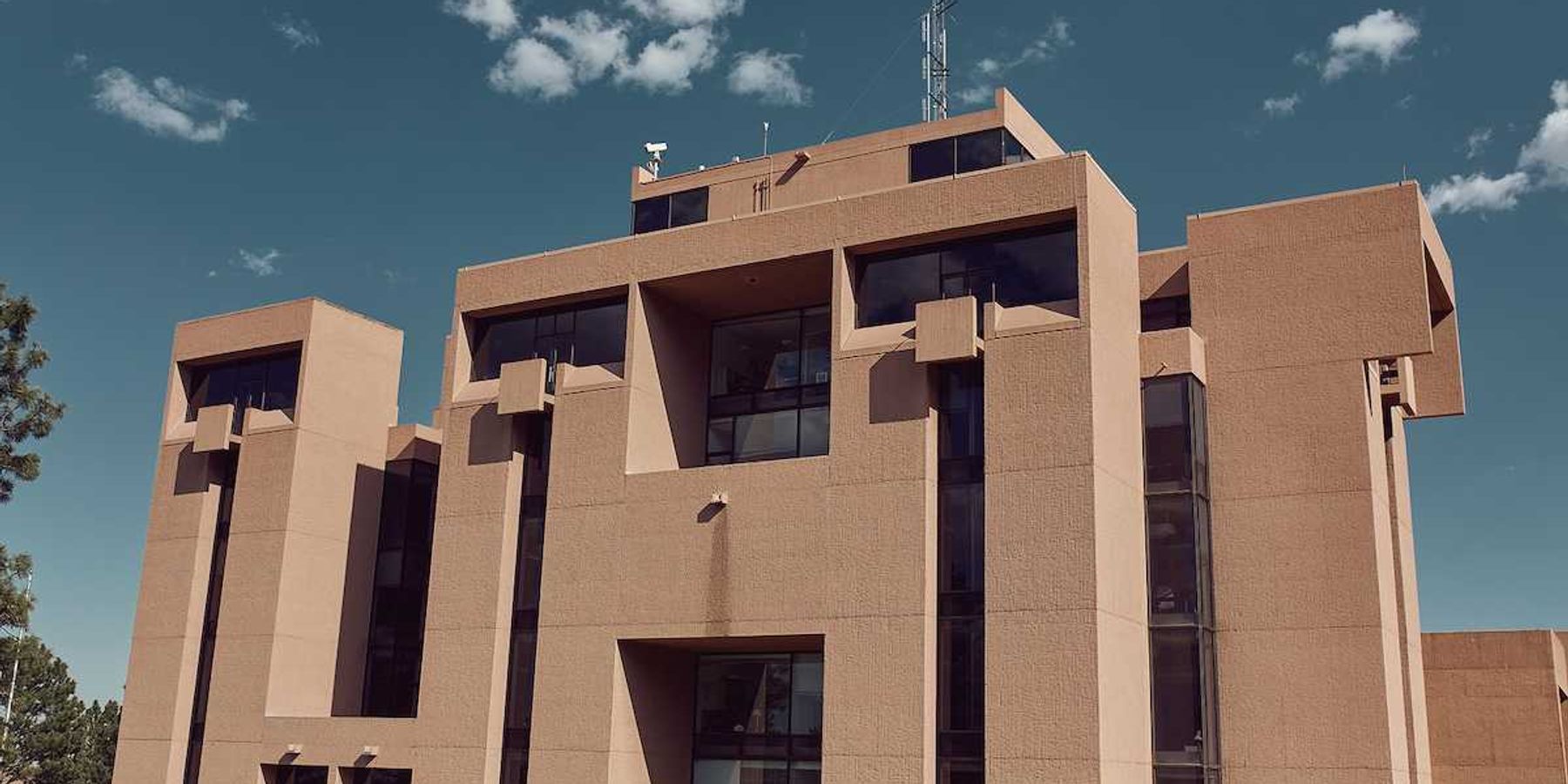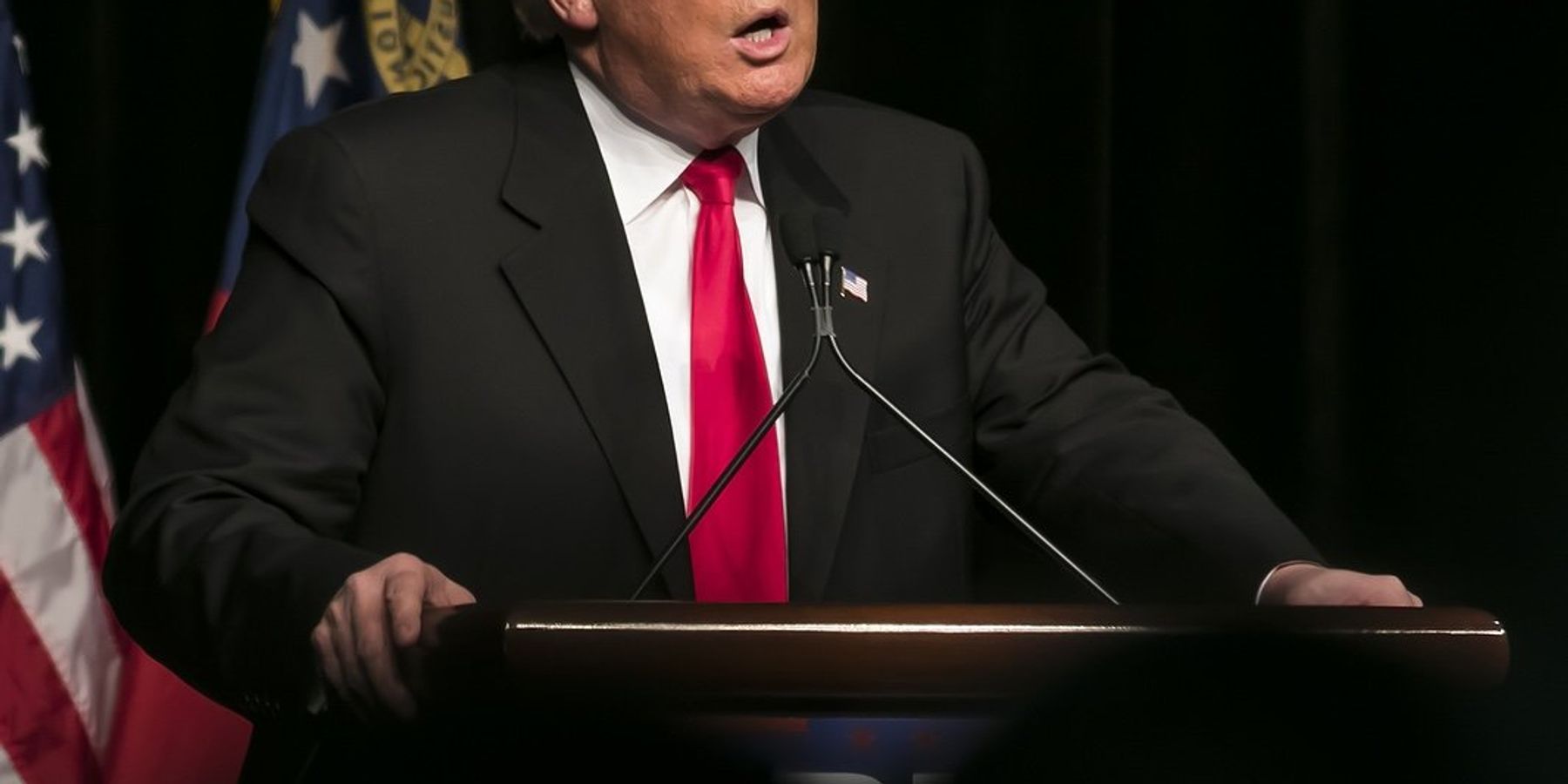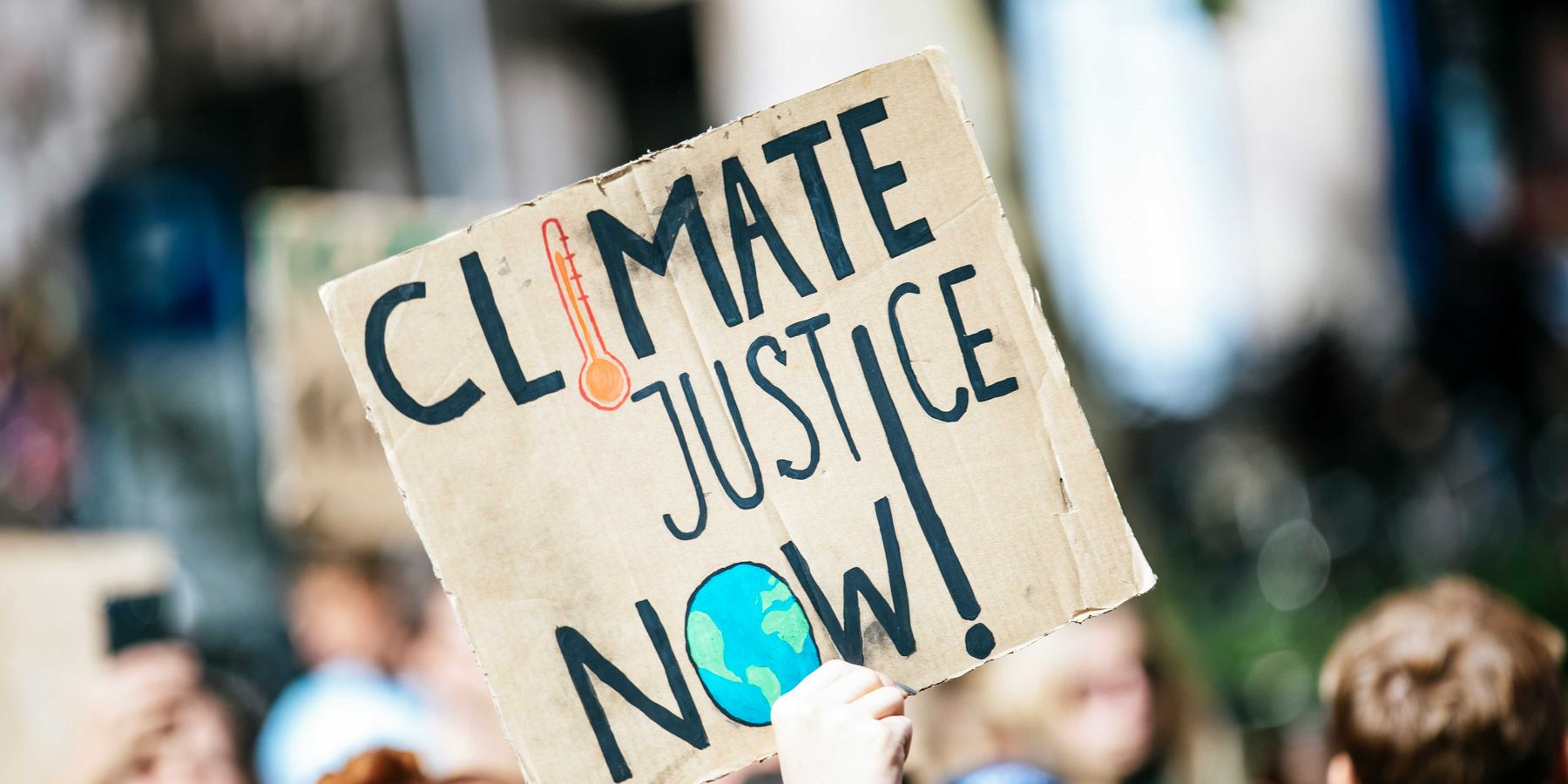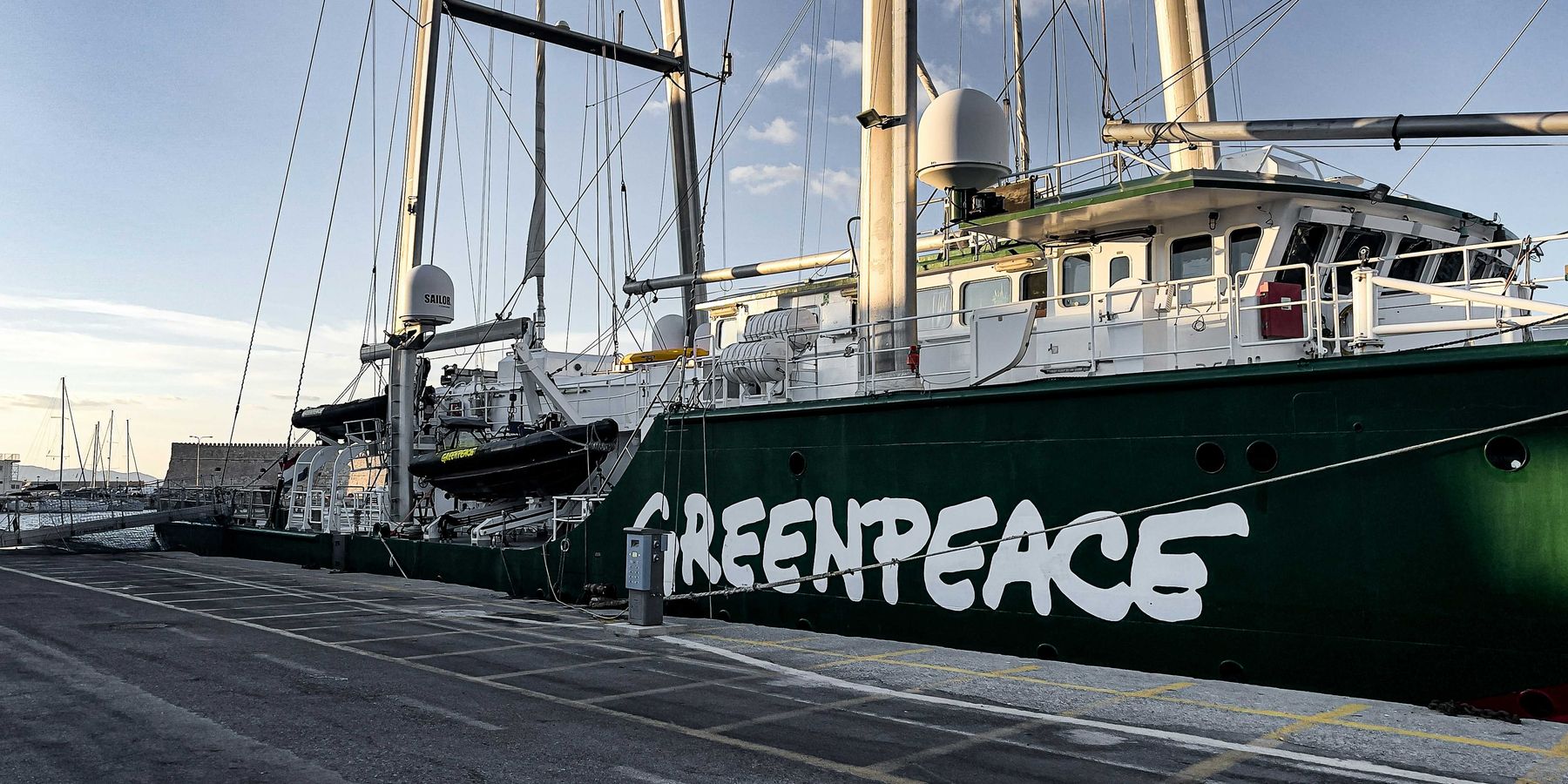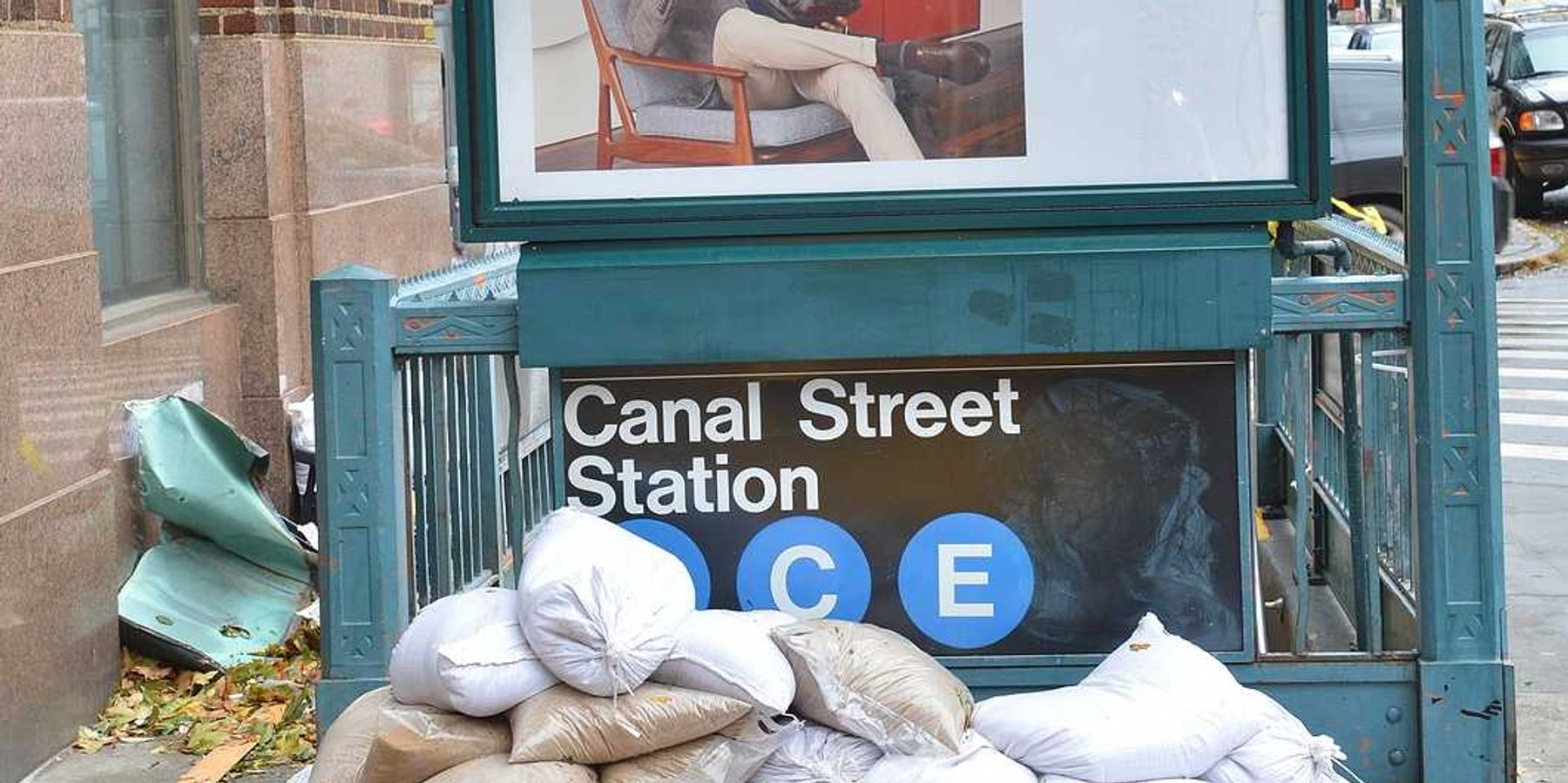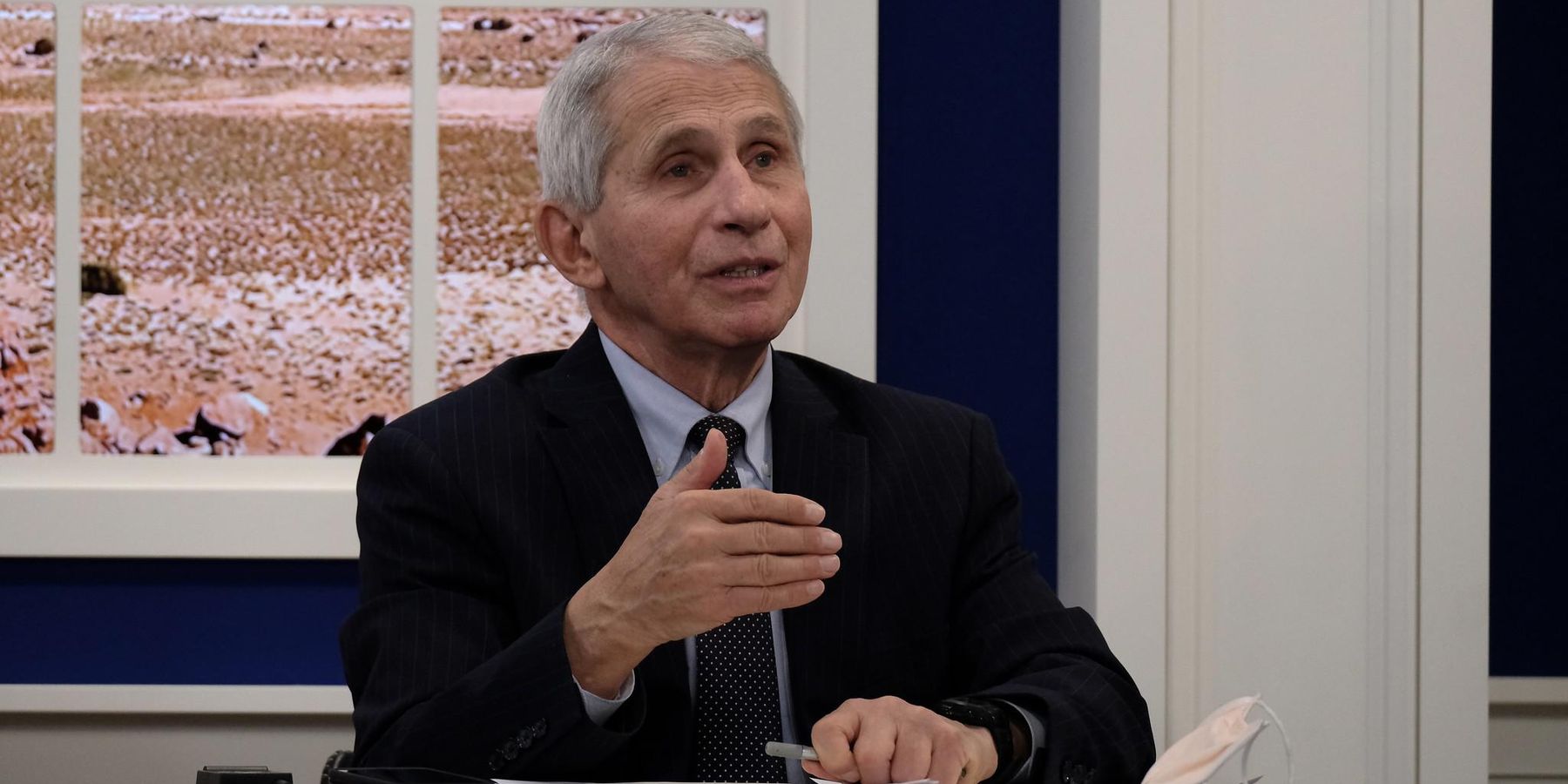
Peter Dykstra: Life imitates climate politics—again.
Personal, misinformed attacks on Dr. Fauci are reminiscent of climate spats over the decades.
As surely as the swallows make their annual return to Capistrano, the politics of climate change and science always foreshadow the larger political world.
Today, our headlines are positively rotten with denial-based news: January 6 denial. Election denial. Denying that mass shootings and gun deaths are problems. But some of these aren’t new.
COVID vaccine denial? Let’s travel back in time to meet your grandpappy, smallpox vaccine denial.
It's Montreal, 1885. The world’s last major smallpox outbreak gripped the city, killing nearly 2% of its 300,000 residents. Historian Michael Bliss details the 19th Century frenzy in his 1991 book Plague: A Story of Smallpox in Montreal.
Even back then, French-speaking Quebec was a province apart from Anglophone, Canada. Faith in the smallpox vaccine reigned amongst the English, which automatically made Quebec a denialist province. The French-speaking majority of Montrealers saw the smallpox vaccine as a threat—a way for English-speaking Canada to show who’s boss. More than 90 percent of the smallpox deaths in the 1885 outbreak were French-speaking folks who refused the vaccine.
Friendly fire
Fast forward to today. Pity Doctor Anthony Fauci. A superb medical communicator exuding an octogenarian folksiness, he has become America’s country doctor from the Bronx. But he was the American government’s country doctor, and therefore tens of millions regard him as a spokesman for the untrustworthy.
The normally unflappable Fauci flapped a bit during a hearing Tuesday when Senator Roger Marshall (R-Kan) pulled a time-honored denier trick out of the closet. Marshall trotted out a theatrically-oversized check for $434,212 --Fauci’s annual federal pay. The Senator then suggested that given Fauci’s influence over $5 billion in infectious disease-related grants he’s only in the COVID business for the money and the power.
Fauci bristled, then called Marshall a “moron,” picked up over a mic Fauci didn’t know was still hot.
Add on dictates from states, local school boards, and scolds from thousands of writers and pundits like me asking Americans for small sacrifices to fight back against an enemy that’s killed 800,000 of us (and my Mom!) and America quickly draws battle lines. And Fauci, our general in the COVID war, is taking friendly fire.
Climate attacks
Fauci could find lessons, and maybe small comfort, from the experiences of climate generals like politician Al Gore or scientist Michael Mann.
Gore has endured more than 30 years of abuse for being fundamentally right about the risks of climate change. For his part, Mann has been under relentless attack for his unusually high profile for a scientist. He’s currently in the middle of a knock-down, drag-out lawsuit against an online commentator who attempted a wildly tenuous link between Mann and a convicted child molester.
So, while the headlines are bigger and more frequent, today's personal attacks on people telling us uncomfortable truths are nothing new.
But maybe it is time we set aside the bickering and start listening.
Peter Dykstra is our weekend editor and columnist and can be reached at pdykstra@ehn.org or @pdykstra.
His views do not necessarily represent those of Environmental Health News, The Daily Climate, or publisher Environmental Health Sciences.
Banner photo: Dr. Anthony Fauci (Credit: U.S. Department of the Interior)

